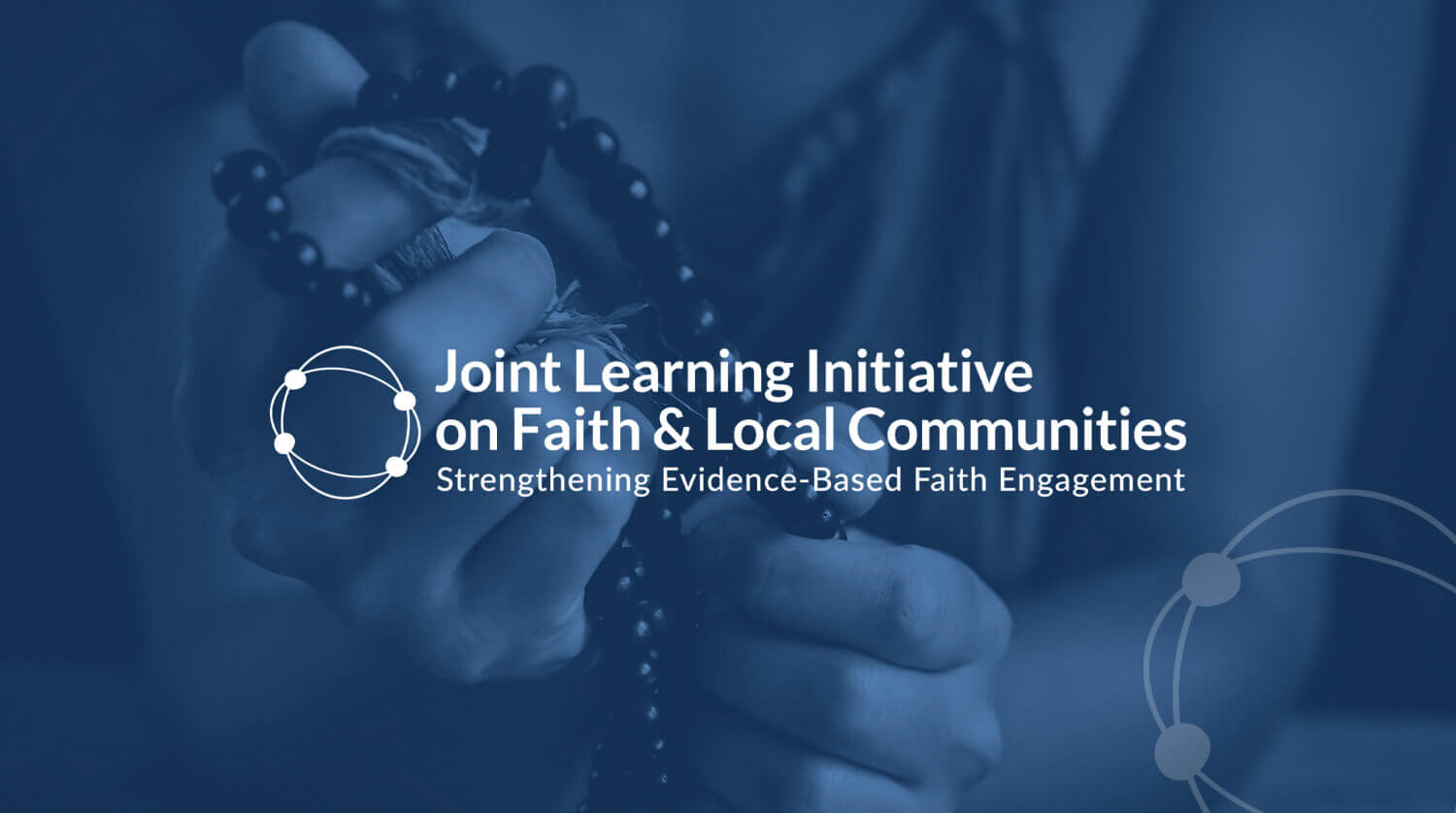The success of ISIS’ recruiting efforts has become a major challenge for the international community. ISIS has been systematically misrepresenting religious doctrines and manipulating political grievances as tactics to legitimize violence and attract new recruits. Violent Salafi groups have employed advanced social media strategies to recruit youth for their activities. U.S. security organizations estimate that 30,000 citizens from 100 countries have joined ISIS in Syria and Iraq, including more than 3,000 Europeans and 100 Americans. Government officials are concerned what these individuals might do upon returning to their native countries and are seeking out policies and ways to counter this phenomenon.
Read more
As long as Syria and Iraq remain failed states, violent Salafi groups, such as ISIS, will take advantage of the chaos and power vacuum to flourish in both countries. These crises are highly dependent on one another and are deeply interconnected. There is a general consensus among a broad spectrum of Syrian interlocutors that any peace process to end the Syrian war must address the rise of violent Islamist groups and take ownership of the theological discourse.
To diminish this trend, radicalization of these youth must be understood fully, paying special attention to not only the political and religious appeals that provide the foundation for the discourse used by ISIS recruiters, but also how ISIS’ various branding efforts have been employed to influence public opinion. The role of religion cannot be overstated in response to the danger posed by ISIS, especially in light of this group’s routine use of religion as the foundational strategy in its recruitment campaign. As such, it is more important to engage religious actors from the outset in the process of identifying the problems and solutions, and to recognize the particular role that they can play in providing psycho-social support to those vulnerable to recruitment.
About the Project
In this context, The Carter Center is undertaking a new initiative that aims to understand violent Salafi groups’ recruitment strategies, specifically ISIS, by working with Muslim leaders, including clerics, chaplains, and scholars. The project aims to identify the flaws in violent Salafi groups’ narratives and to develop counter messaging strategies to discredit their rhetoric and address the rise of Islamophobia. The project has been designed to address six specific problems:
- the increasing use of new media for extremist propaganda purposes
- the information gap on ISIS recruitment strategies
- the lack of technical capacity and new media resources of religious leaders to discredit ISIS ideology
- flaws of existing government measures to address radicalization. Addressing these problems requires partnership with religious actors who hold unique positions of authority, credibility, and ties with the local communities
- women’s role in prevention and recruitment
- return, reintegration and rehabilitation
Addressing these problems requires partnership with religious and community actors who hold unique positions of authority, credibility, and ties with local communities. The Carter Center is collaborating with media training institutions in Europe, U.S., Middle East and North Africa. Also the Carter Center is pursuing key partnerships with religious local leaders to identify the flaws in and counterarguments to ISIS narratives. The Carter Center will make available the counter narratives and local initiatives to governments, civil society and clerics. This twin approach will have an impact on the dangerous tide of Islamophobia that countries have been experiencing due to governmental policies that narrowly address the issue of violent extremism.







